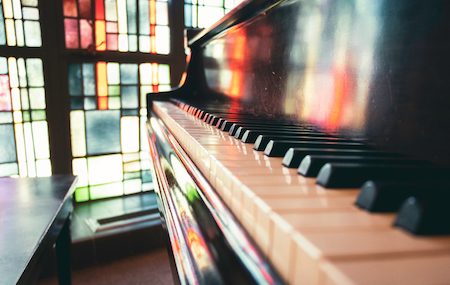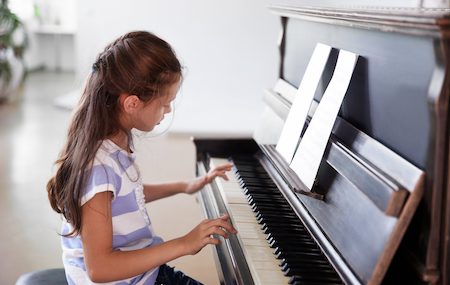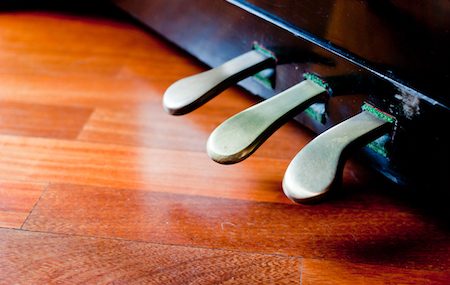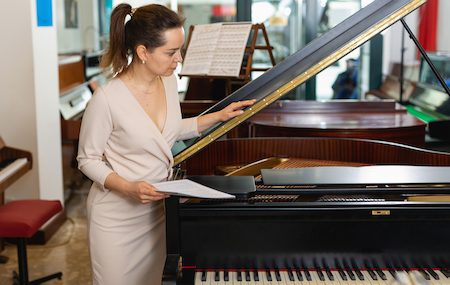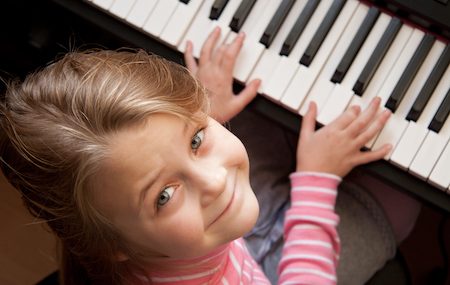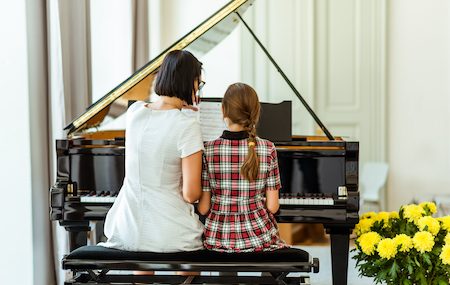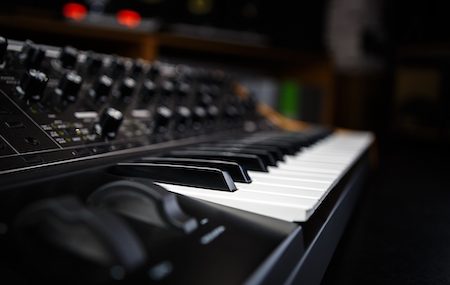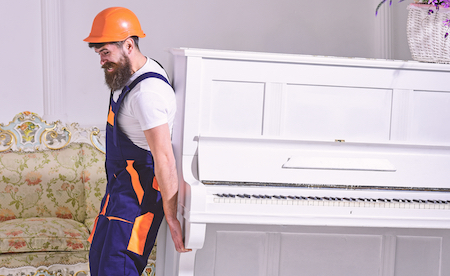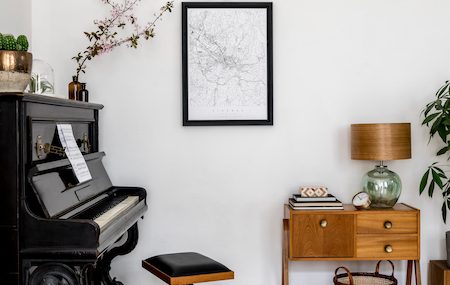Today’s churches bring music into their congregation in many ways. And while that increasingly means everything from robust recording systems to full-blown bands, it almost always starts with a piano.
Piano has been the base for music inside a church for decades. Yet finding the perfect piano is anything but easy. We find that many churches “deal” with an old piano they’ve had for years. Or they “adopt” one from a member giving one away.
If this sounds like your story, how is it working for you? Is the piano doing its job well, or do you feel there’s room for improvement?
When we talk with directors and decision makers, we often make a few recommendations to help them select the perfect piano:
Consider the final location
Churches are notorious for placing a piano in harsh conditions. Is it in an area where temperatures and humidity levels change frequently? Especially if you move the piano around a lot, it may deal with extreme heat followed by winter cold. And humidity may move up and down the scale. Pianos consist of more than 10,000 parts, and none of them stand up well to extreme conditions. Wood soaks up everything that happens in the environment, contracting and expanding over and over again. That can be hard on all parts, causing the piano to consistently go out of tune. If you take into account the conditions of the piano from the start, it will help you make a better decision at the time of purchase.
Skip the free pianos
Churches are always on the lookout for ways to save money. If someone is offering a free piano, there might be a reason. Was it sitting in a garage or basement for years gathering dust? If it wasn’t well cared for throughout its life, it’d be of little value to you now. Finding the perfect piano for your church ensures a lifetime of playability. This is something you’ll use almost daily, bringing your community together. And if it doesn’t sound good, everyone will hear it.
What are your needs?
Small congregations may do well with a standard acoustic piano. Larger churches may need something to plug into the PA system. Instead of thinking about it after the fact, make it a part of your considerations from the beginning. Hybrid pianos are specifically built to offer you the benefits of a high quality acoustic with the performance quality of a digital. This ensures the right sound is presented in every situation.
Pianos are hard to move
If you require more than one piano, purchasing one for all locations may be your better choice than moving it. Pianos are delicate instruments that can be impacted even with tiny adjustments. If you will be moving the piano regularly, maybe it’s time to think about purchasing more than one piano.
Have a question about buying a piano for your church? Just ask. With our expertise, we’ll help you find the right piano for your situation.
